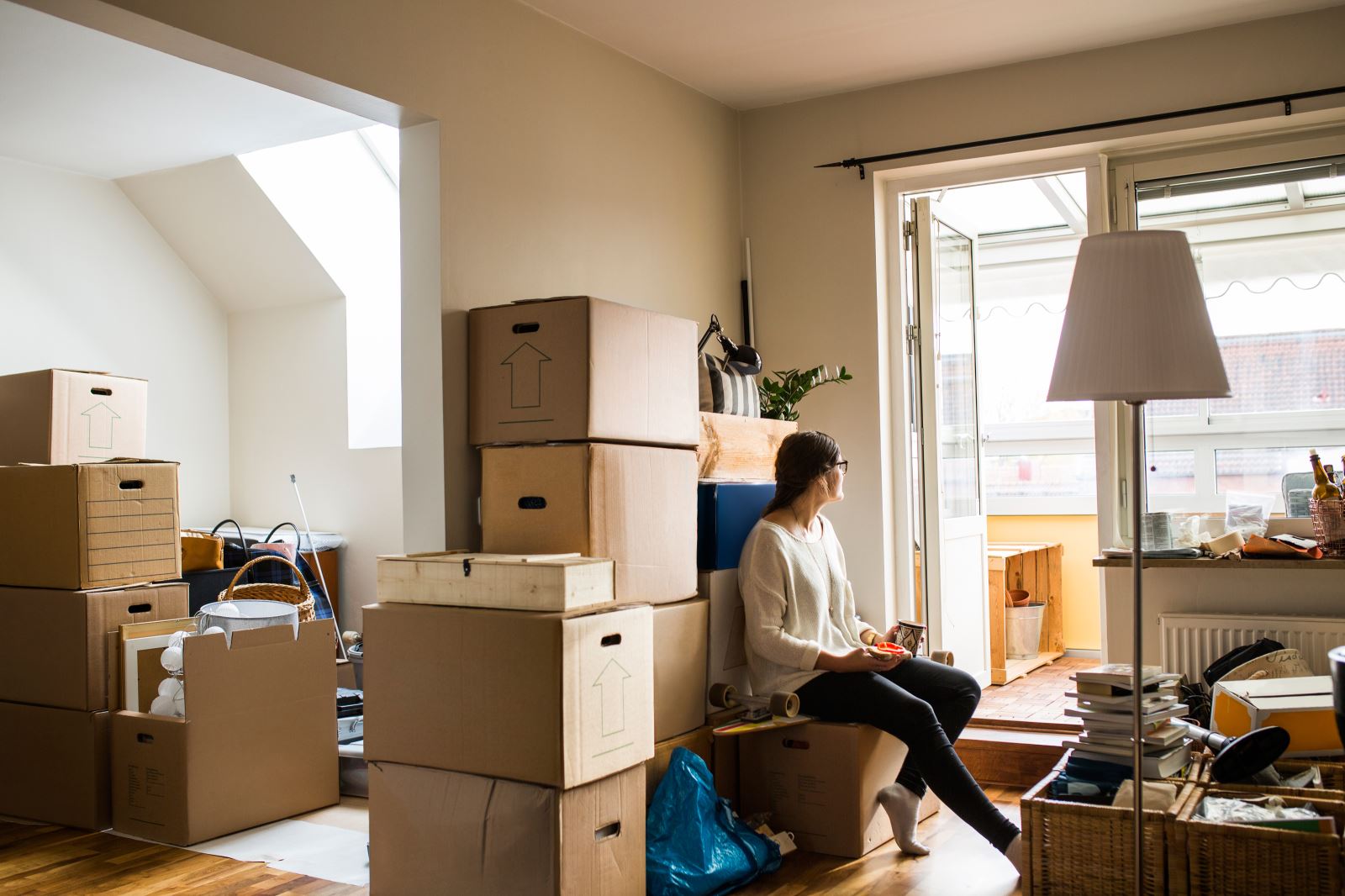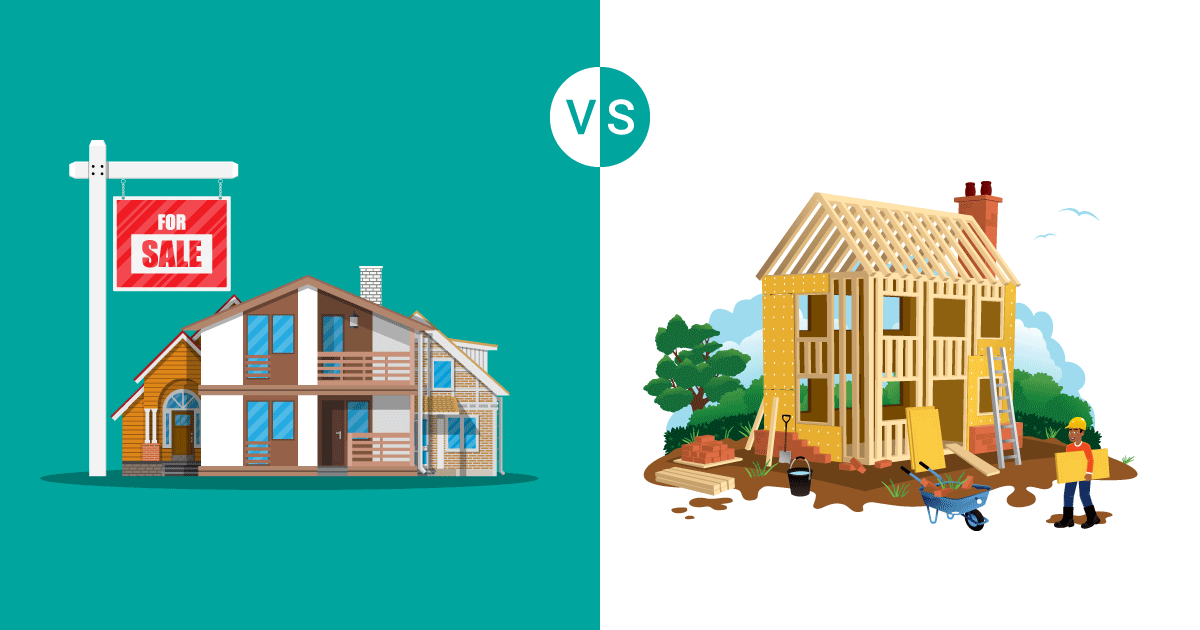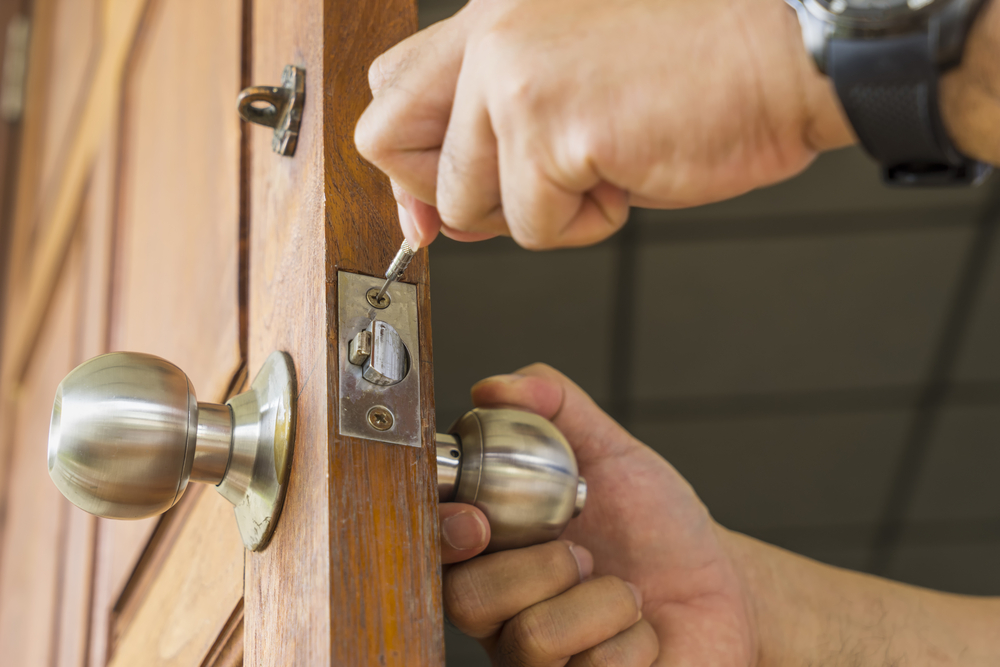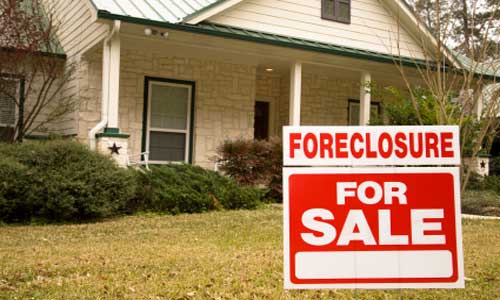A Guide for the Final Walkthrough
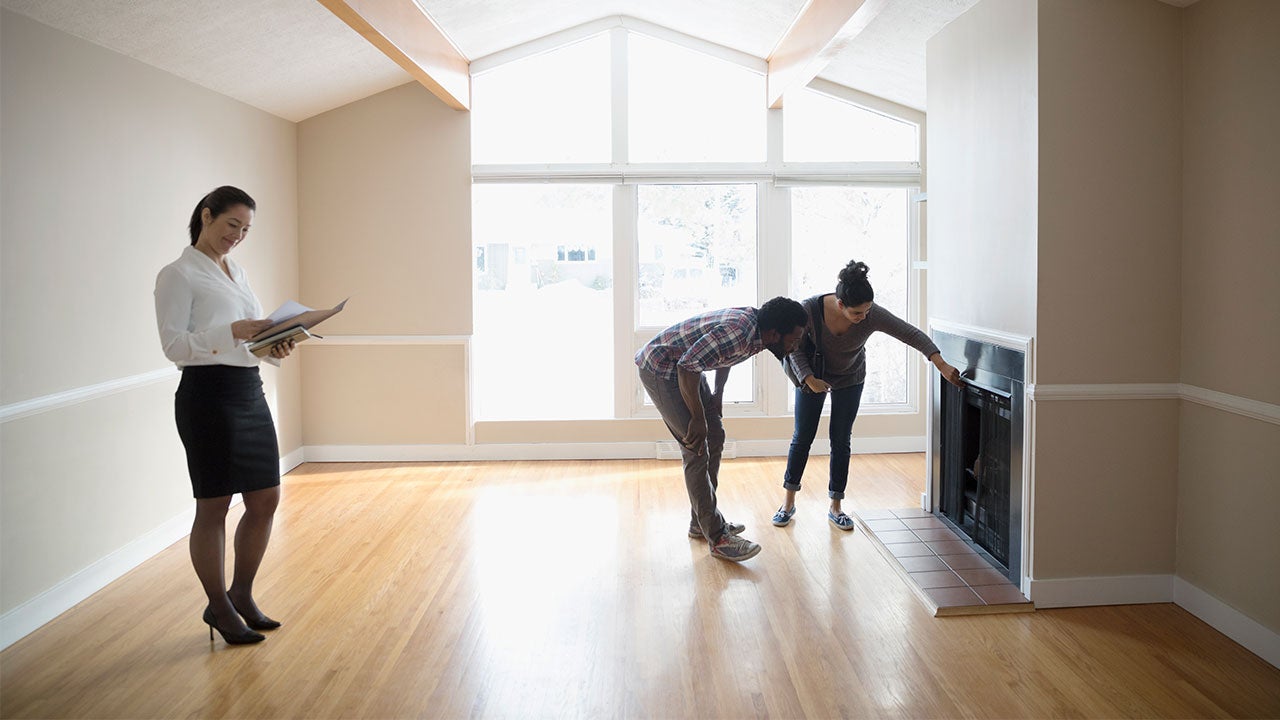
As closing day approaches, it is so exciting to think about the move to your new home! There is one thing that is keeping you in check, however, and that is the final walkthrough. This is the last step in the home-purchase process and should not be skipped. What takes place in the final walkthrough, and what part does the homebuyer play? Here is your guide to this essential step:
Your agent will schedule a time meet at your new house, usually after the seller has moved out and before or on closing day.
-
What should you have on hand with you?
-
- the final contract with all the specifics about the sale
-
- home inspection report
-
- any written agreements between seller and buyer
-
- a notepad and pen
-
- a camera or use your smartphone camera
-
- a nightlight to test electrical outlets
-
Inside the house, everything should be in perfect working order:
-
- Turn on every light switch and check every outlet.
-
- Check the faucets in the kitchen, bathrooms, outdoor spigots, utility room, and any other room there is running water by turning on each one. Flush all toilets as well. All toilets should flush completely, and drains should flow freely.
-
- Inspect every area where agreed repairs should have been made. If there have been extensive fixes made, you may want to shell a bit extra out of your wallet to have someone with you that can be certain the job was done correctly.
-
- Inspect every appliance that is included in the sale to be sure it is running properly.
-
- Open and close all doors, windows, cabinets, and drawers.
-
- Pay careful attention to carpets and floorcoverings, every floor and wall for weakness, cracks, mold, mildew and do not forget to look for signs of pests.
-
- Turn the climate control off and on, and check heat as well as air conditioning.
-
Outside inspection:
-
- roof, gutters, shutters, or any other structural issues
-
- garage doors functioning properly
-
- debris or trash left by the seller
-
- lawns and landscaping should at least be trim and neat
Hopefully, your final walkthrough will go perfectly, and closing can proceed. If you run into any adverse issues, however, note them, and have your agent contact the seller. Final walkthrough problems are just another reason to have a Realtor® represent you as a buyer, as they can handle the not-so-smooth issues that come with buying a home.
Courtesy of Chester County PA Realtor Scott Darling.
Photo credit: Bankrate.com



